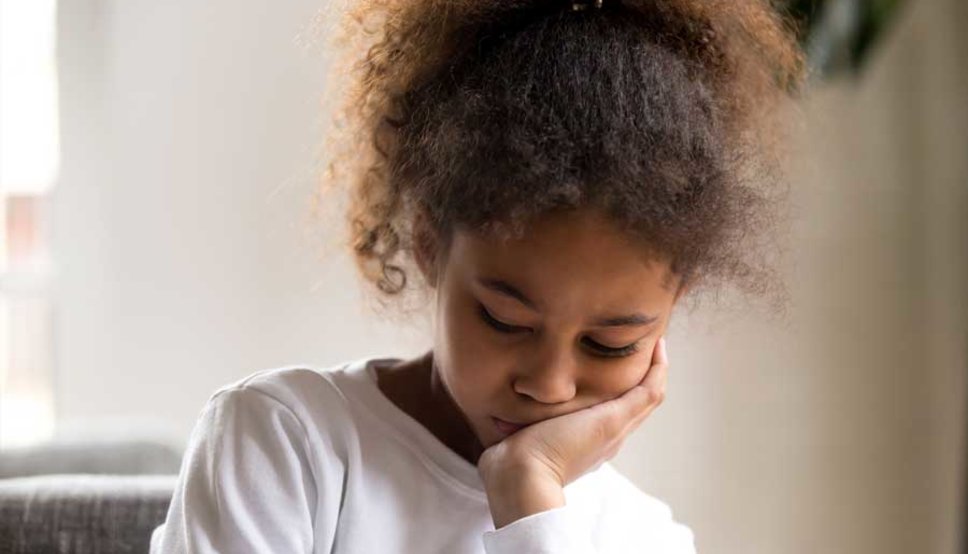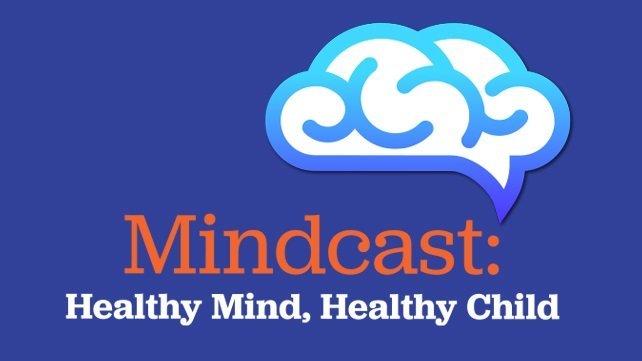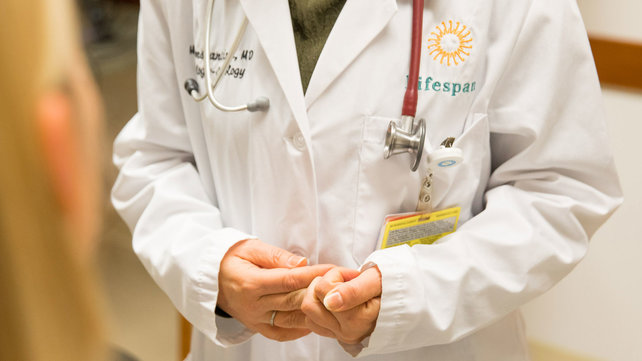Childhood Trauma and Trauma-Informed Care

Parents work hard to protect their children from trauma. Still, it can occur at any point during the childhood years. Once a child experiences trauma, it’s important to help them navigate it.
What is the best way to help kids navigate trauma? One effective approach is trauma-informed care.
What is trauma?
Though definitions of trauma may vary, what is most important to understand is that trauma is the reaction to a disturbing or life-threatening experience. It is the response to that experience, not the experience itself.
Childhood trauma could be a result of physical or sexual abuse, emotional abuse, or neglect. It can also arise from a natural disaster, car crash, or any type of accident.
Immediately following an event, shock and denial are common. There are also long-term effects from trauma. It's common after a scary situation for someone to have trauma symptoms. Two people can go through the same thing; one person may feel trauma symptoms, while the other person may not.
Symptoms of trauma
Children may exhibit any number of symptoms associated with trauma, including:
- Disassociation or not being fully present in the moment
- Sleep disturbances
- Loss of appetite
- Anxiety
- Depression
- Flashbacks to the traumatic situations
- Increased irritability
- Defiance
Some behaviors can cause a child to appear defiant on the outside. But that behavior might indicate a very traumatized child. So, it's essential for us to get to the root cause of these behaviors.
Trauma may also involve a trigger. For example, if a traumatic event involved loud noises, exposure to future loud noises often brings back the sensation of trauma. If a car accident is at the root, getting in a car might spike fear and anxiety.
Importance of calm and clarity among parents and caregivers
When children undergo trauma, it can also be very distressing for parents and caregivers. There are ways to help a child who is showing signs of trauma.
First, parents and caregivers should acknowledge their own feelings after a traumatic event. Recognize the situation for what it is and try to be as calm as possible with a child in the aftermath of an event.
It’s equally important to not give more meaning to the incident than the child is already doing. We want the child to know you are taking it seriously but remain calm and be clear about the nature of the situation. Let the child know that what happened was not okay. But reassure them that there's something that needs to be addressed without approaching it in a panicked way. Being calm does not mean you are ignoring what happened.
Value of trauma-focused cognitive behavioral therapy
For children who experience trauma, trauma-focused cognitive behavioral therapy (TFCBT) is an effective treatment. TFCBT begins with learning skills that help the child when they are feeling distressed, such as how to manage symptoms when they arise.
Many times, it might feel easier and safer to try to “forget” the trauma. This can be protective in the beginning stages, but it doesn’t allow children to move through the trauma. That’s why it’s so important to prepare kids with the coping mechanisms early in the process. It’s also imperative to make sure kids going through TFCBT are in a safe place.
The next step is talking about the trauma. Before we go into discussing the actual event, we want to be sure the child has the skills and resources to manage that distress when it does come up.
Another important element of TFCBT is the parent component, which involves parent training and education. We know that the best resource for children is their parents. They are one of the biggest change agents for a child. So, we want to make sure parents have the information and the skills to help support their child.
Finally, we never want to “retraumatize” the child or talk about something before they are ready to fully talk about it. That’s why it is important to consult with a child therapist before jumping into any kind of treatment for childhood trauma.
If your child is showing signs of trauma, the experts at Bradley Hospital are here to help.

About the Author:
Ryann A. Morrison, PhD
Dr. Ryann Morrison is a child and adolescent psychologist at Bradley Hospital. She provides evidence-based interventions for concerns such as anger, aggression, depression, trauma, grief, anxiety, noncompliance, behavior challenges, and attention deficit hyperactivity disorder.
Be Well Newsletter
The Impact of Trauma on Kids

Listen to the Podcast
Dr. Ryann Morrison shares her insight on the impact of trauma on kids and the best ways to help them navigate the healing process.
Find a Doctor

The right provider is in our network
Search more than 1,200 providers in our network.



